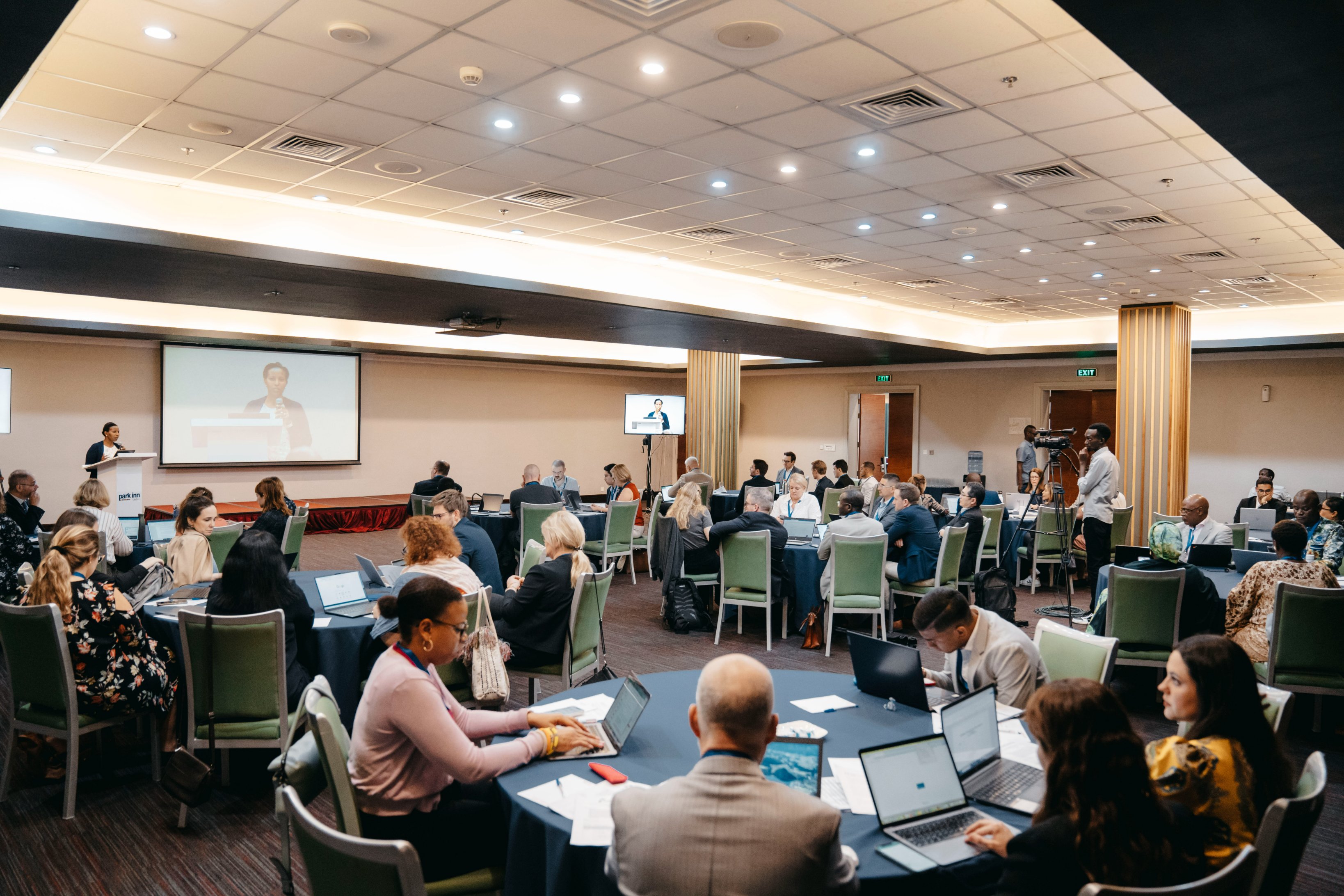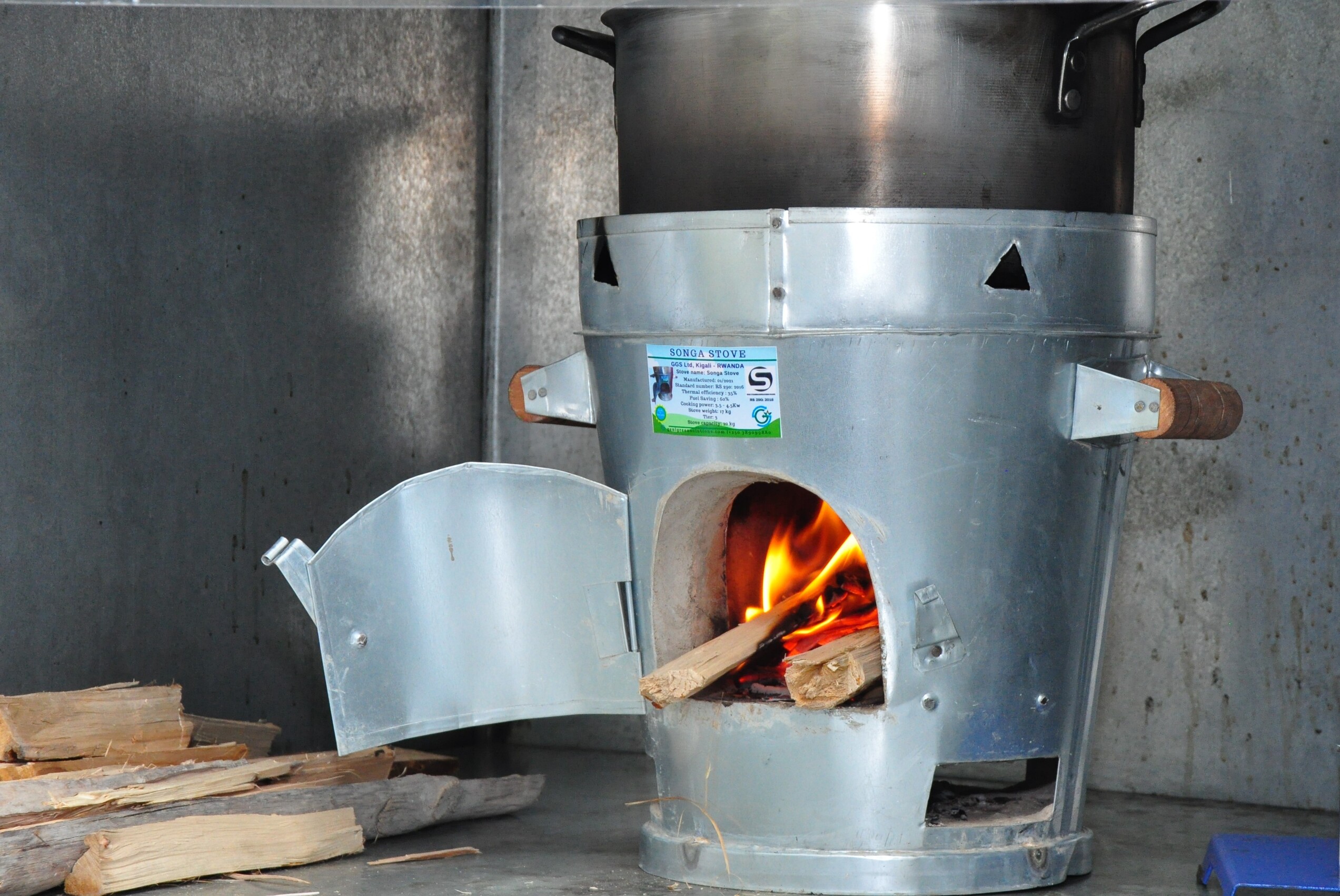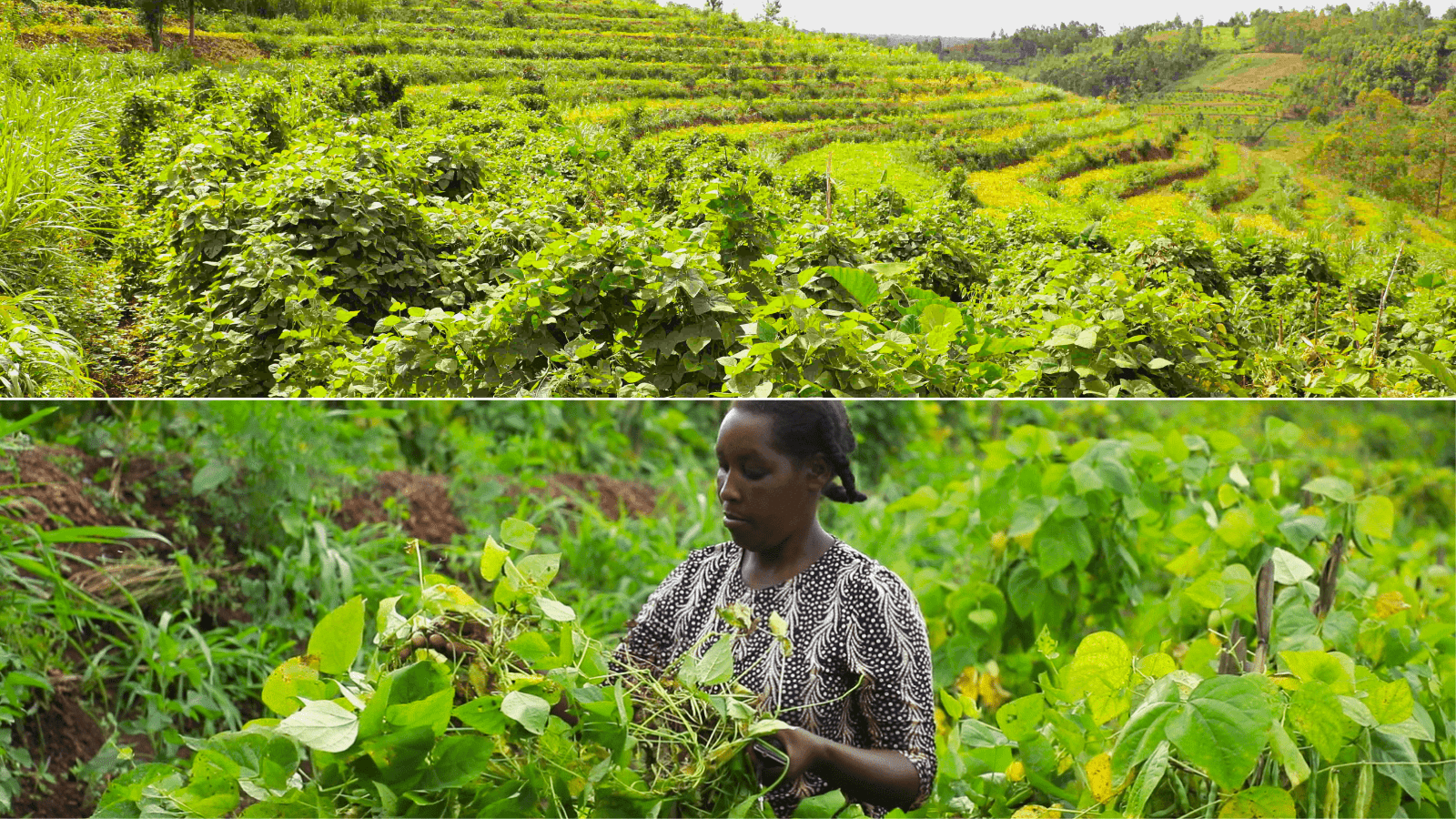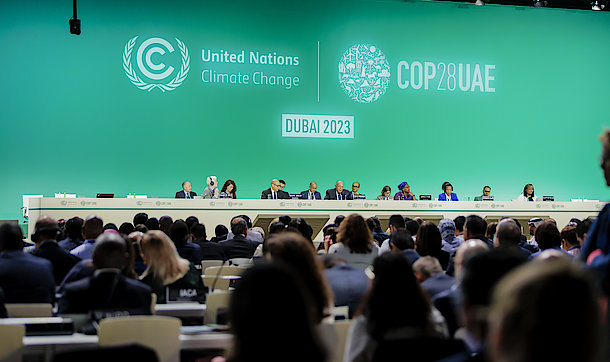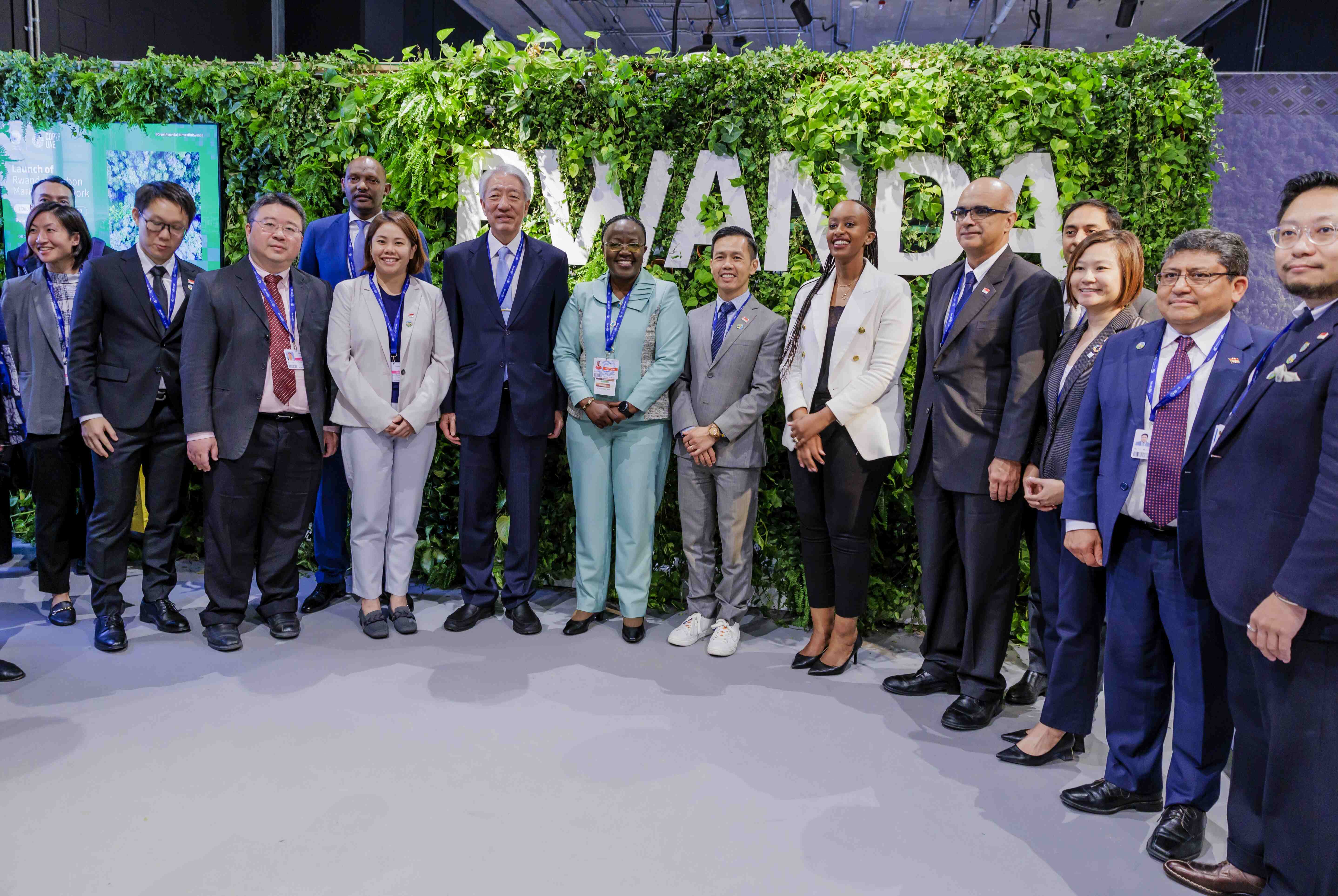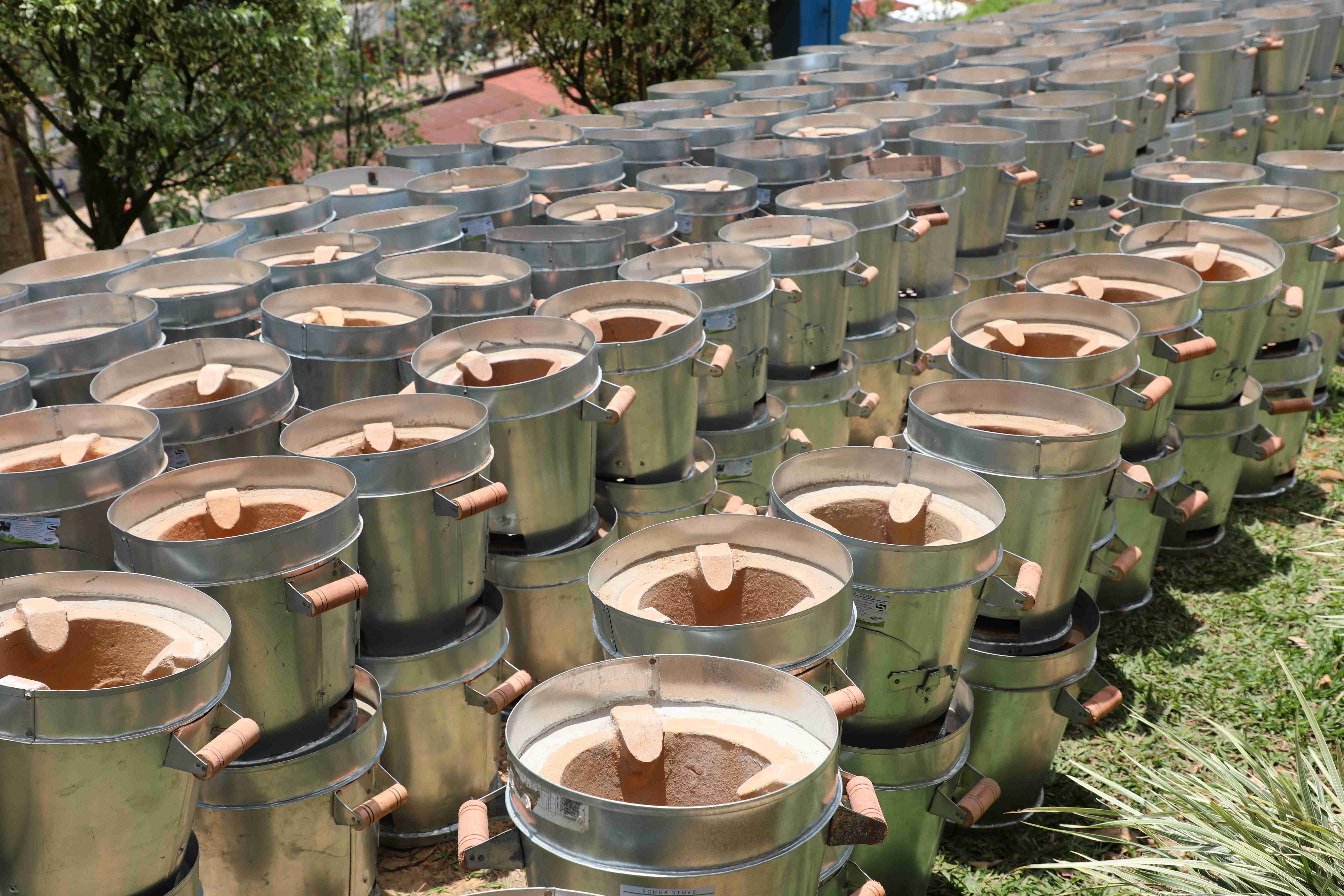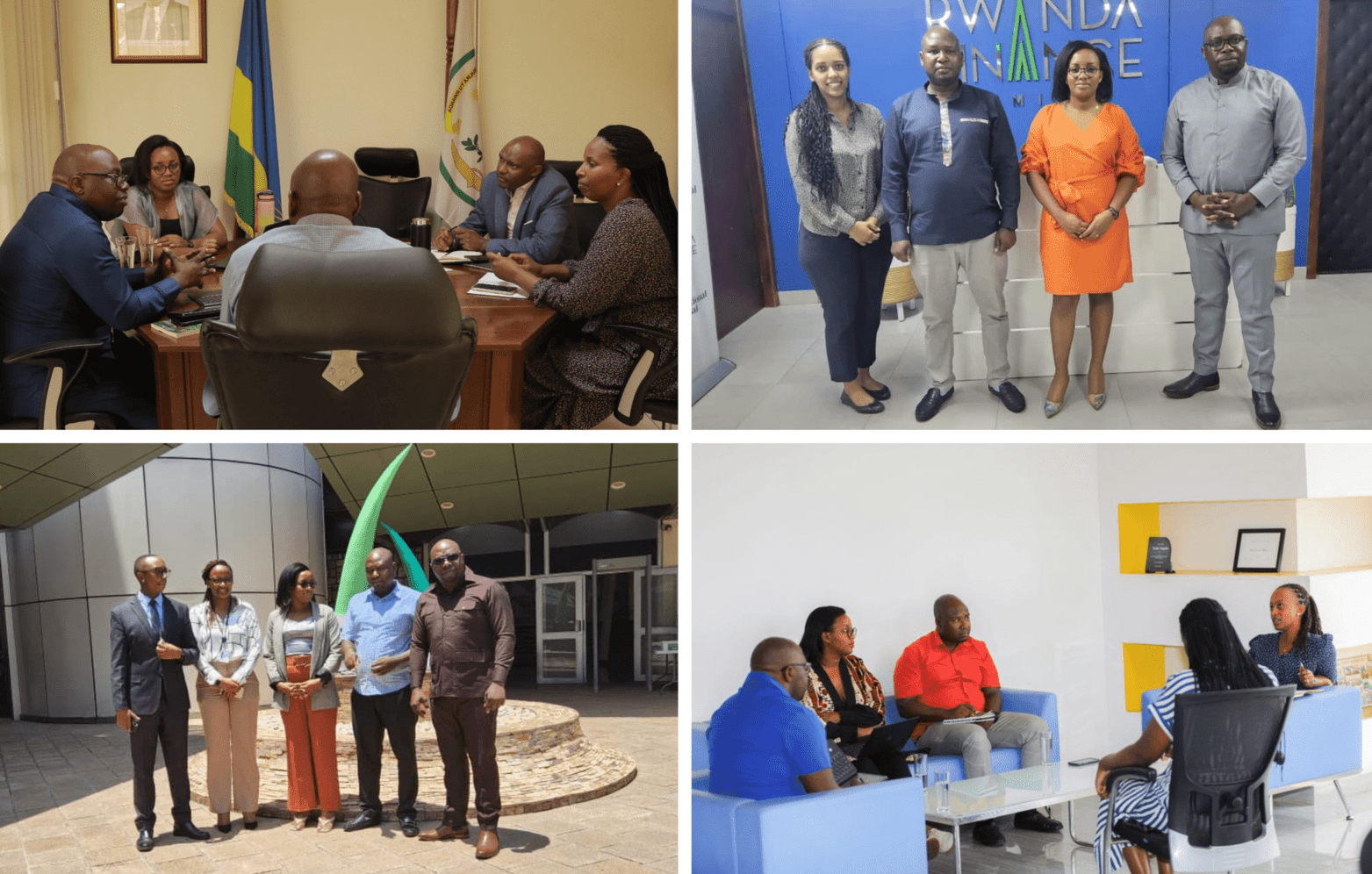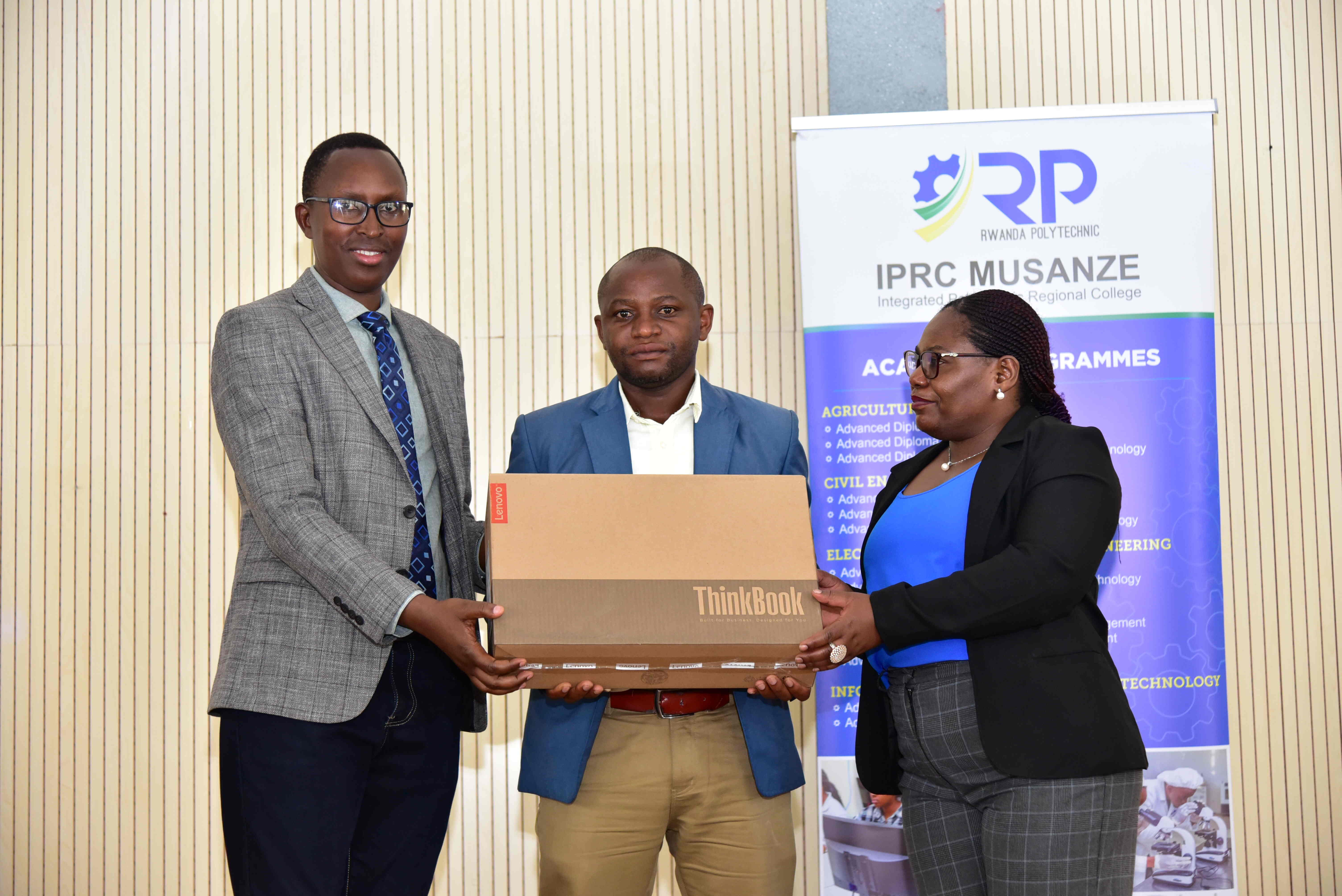
Districts are encouraged to press ahead with the implementation of the ‘green economy’ plans – Report on Climate Change Vulnerability Assessment
Kigali, 26 June, 2019 – The Rwanda Environment Management Authority (REMA) has disseminated the findings of the 2018 Climate Change Vulnerability Assessment Report. Findings were presented to different stakeholders and discuss the best ways to put into practice recommended policy and strategic actions.
The 2018 climate change vulnerability assessment aimed at tracking changes and update data for the national climate change vulnerability indicators for 2015 and 2018; assessing and providing a household based index of climate change vulnerability at district and province levels and providing updated policy and strategy recommendations to address any identified vulnerabilities as necessary.
Global changes in climate are affecting Rwanda in many complex ways. These include climate related hazards such as floods, landslides and droughts as well as windstorms and severe rainstorms that have struck Rwanda in recent years with devastating effects on the population. These hazards have affected all districts and individual households across the nation – affecting the livelihoods and food security of rural and urban populations as well as the agricultural, energy, health, water, natural resource and institutional systems on which the population depends.
According to this report, findings reveal that Southern Province as the most vulnerableamong the four provinces and the City of Kigali. It also finds Huye District, in Southern Province, as the most vulnerable among the 30 districts. Four districts are assessed as having the highest vulnerability in the country – 3 of them located in Southern Province: Gisagara, Huye and Ruhango Districts together with Karongi District in Western Province.
Furthermore, the report identifies Northern Province as having the lowest vulnerabilityamong the four provinces and the City of Kigali. Gasabo District is identified as having the lowest vulnerability among the 30 districts. A total of 11 districts fall into the category of low vulnerability: 3 districts in City of Kigali, 1 district in Southern Province, all 5 districts in Northern Province and two districts in Eastern Province. The remaining 15 districts have mediumvulnerability.
Alphonse Mutabazi, Climate Change Program Manager at REMA said:
The capacity and scale of adaptation to climate change depends on the vulnerability of people and natural systems to the impacts where vulnerability is susceptibility shaped by exposure, sensitivity and resilience".
He added:
"In relation to climate change, vulnerability relates to direct effects such as more storms, floods, hot weather, lower or higher rainfall that lead to indirect effects such as lower productivity from changing ecosystems or disruption to economic system". Said Mutabazi:
Districts are encouraged to press ahead with the implementation of the ‘green economy’ plans within their District Development Strategies (DDS). Where possible districts should review their development strategies and planned projects and ensure their plans are informed by this report’s assessment of their climate vulnerabilities, and by future climate scenario.
Read the full report:
https://rema.gov.rw/cc_vulnerability_Rwanda(2018)-Final_report.pdf
Topics
More posts
Rwanda hosts a two-day workshop for Negotiators of the High Ambition Coalition to End Plastic Pollution
Rwanda has from 14th to 16th February hosted a two-day workshop for negotiators of the High Ambition Coalition to End Plastic Pollution (HAC). The…
LDCF3 Project’s Improved Cookstoves: A Dual Solution for Climate Change and Human Health
In a ground-breaking move towards sustainable living, the Rwanda Environment Management Authority (REMA) is making significant strides in the fight…
From reluctance to acceptance: The LDCF3 Project beneficiaries embraces terraces for agricultural transformation
The beneficiaries of the Ecosystem/Landscape Approach to Climate Proof the Rural Settlement Programme of Rwanda, also known as LDCF3 Project, who…
Rwanda welcomes historic COP28 decision to transition away from fossil fuels
The Government of Rwanda has welcomed the ground-breaking decision made at the 28th Conference of the Parties (COP28) to the United Nations Framework…
Rwanda launches Carbon Market Framework to advance Climate Action for a Sustainable Future
Rwanda has today launched its National Carbon Market Framework in a significant stride towards a greener and more sustainable future. The framework…
Over 45 professionals complete a capacity-building program in climate change analysis and reporting
Kigali, 17 November, 2023- Kigali, REMA, in collaboration with the African Institute for Mathematical Sciences in Rwanda(AIMS_Rwanda), celebrated the…
REMA’s LDCF3 Project distributes 5,000 improved cookstoves to beneficiaries to tackle climate change
The Rwanda Environment Management Authority distributes 5,000 improved cookstoves to beneficiaries of the Landscape Restoration Approach to Climate…
BIOFIN’s Technical Advisor on Environmental Finance visits Rwanda to foster stakeholder engagement
The Biodiversity Finance Initiative (BIOFIN)’s Technical Advisor on Environmental Finance for Africa, Mr. Bruno Mweemba recently visited Rwanda from…
World Ozone Day: REMA recognizes students and lecturers with technologies and eco-friendly cooling solutions
Rwanda in September 2023 joined the rest of the world to mark the World Ozone Day with the theme “Montreal Protocol: Fixing the Ozone layer and…
